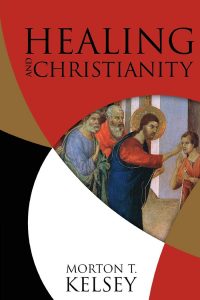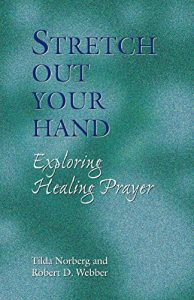
Heal Thyself: Spirituality, Medicine, and the Distortion of Christianity
Heal Thyself argues that popular culture’s fascination with the health benefits of religion reflects not the renaissance of religious tradition but the powerful combination of consumer capitalism and self-interested individualism. A faith-for-health exchange misrepresents and devalues the true meaning of faith.












